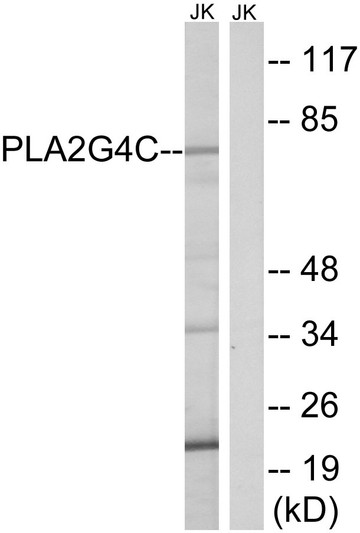| Function | Calcium-independent phospholipase, lysophospholipase and O-acyltransferase involved in phospholipid remodeling with implications in endoplasmic reticulum membrane homeostasis and lipid droplet biogenesis. Preferentially hydrolyzes the ester bond of the fatty acyl group attached at the sn-2 position of phospholipids with choline and ethanolamine head groups, producing lysophospholipids that are used in deacylation-reacylation cycles. Transfers the sn-1 fatty acyl from one lysophospholipid molecule to the sn-2 position of another lysophospholipid to form diacyl, alkylacyl and alkenylacyl glycerophospholipids. Cleaves ester bonds but not alkyl or alkenyl ether bonds at sn-1 position of lysophospholipids. Catalyzes sn-2 fatty acyl transfer from phospholipids to the sn-2 position of 1-O-alkyl or 1-O-alkenyl lysophospholipids with lower efficiency. In response to dietary fatty acids, may play a role in the formation of nascent lipid droplets from the endoplasmic reticulum likely by regulating the phospholipid composition of these organelles. (Microbial infection) May play a role in replication and assembly of human hepatitis C virus (HCV). In response to HCV infection, promotes remodeling of host endoplasmic reticulum membranes to form organelle-like structures called membranous web, where HCV replication occur. Can further mediate translocation of replication complexes to lipid droplets to enable virion assembly. (Microbial infection) May facilitate human T-lymphotropic virus type 1 (HTLV-1) infection by promoting leukotriene B4 (LTB4) biosynthesis. LTB4 acts as a chemoattractant for HTLV-1-infected CD4-positive T cells and favors cell to cell viral transmission. |
| Protein Name | Cytosolic Phospholipase A2 GammaCpla2-GammaCytosolic LysophospholipaseCytosolic Lysophospholipid O-AcyltransferasePhospholipase A2 Group Ivc |
| Database Links | Reactome: R-HSA-1482788Reactome: R-HSA-1482839Reactome: R-HSA-1482922Reactome: R-HSA-1483115Reactome: R-HSA-1483152 |
| Cellular Localisation | Cell MembraneLipid-AnchorEndoplasmic Reticulum MembraneMitochondrion MembraneLipid DropletTranslocates From Endoplasmic Reticulum To Lipid Droplets In Response To Oleate |
| Alternative Antibody Names | Anti-Cytosolic Phospholipase A2 Gamma antibodyAnti-Cpla2-Gamma antibodyAnti-Cytosolic Lysophospholipase antibodyAnti-Cytosolic Lysophospholipid O-Acyltransferase antibodyAnti-Phospholipase A2 Group Ivc antibodyAnti-PLA2G4C antibody |
Information sourced from Uniprot.org









